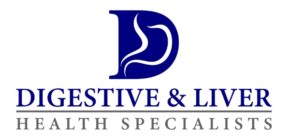Natural Remedies for Constipation
Kiwi and Fiber-Rich Foods to Relieve Digestive Issues Constipation is an uncomfortable condition that affects people of all ages. Although over-the-counter medications are available, many of our patients prefer natural solutions to promote healthy bowel movements and alleviate symptoms. In this article we will look at natural solutions such as Kiwi fruit as well as […]
Natural Remedies for Constipation Read More »

